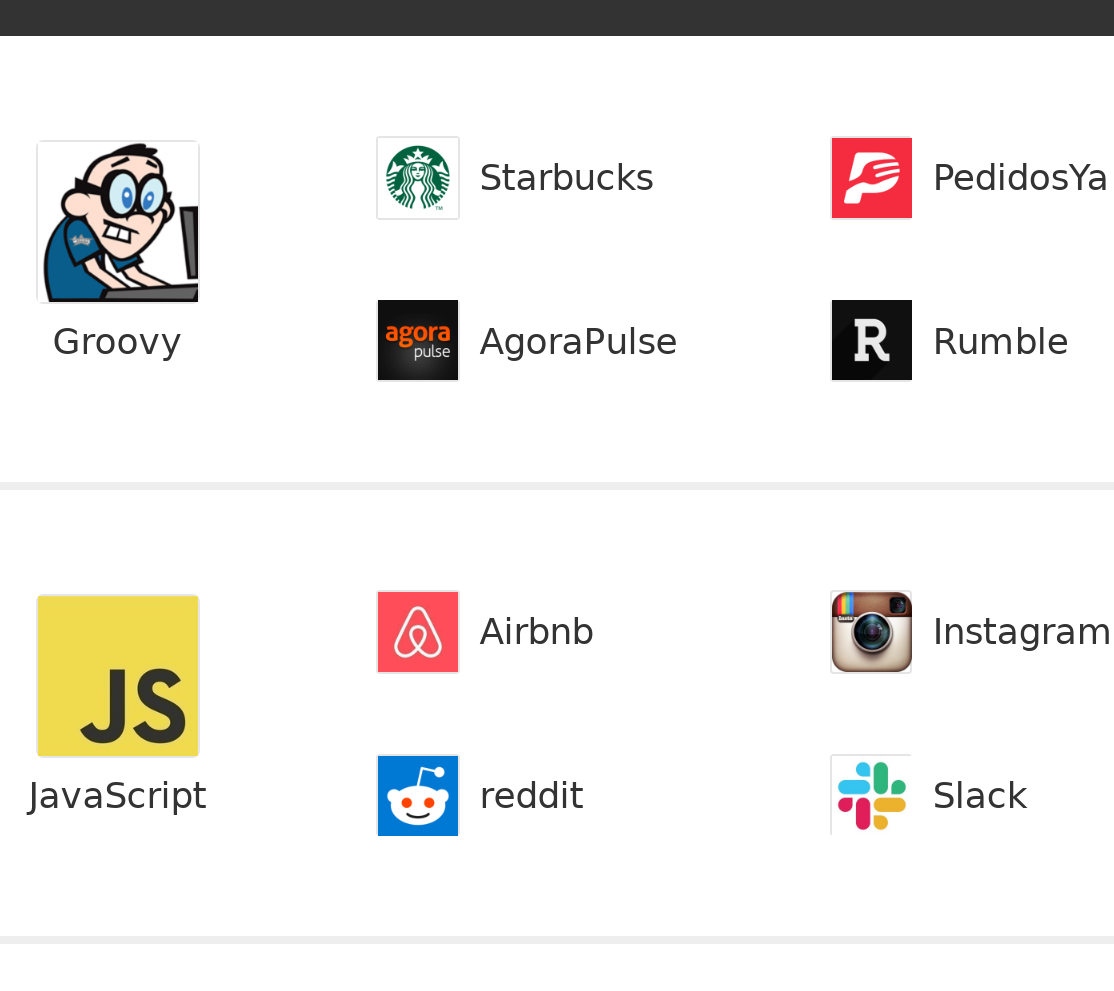Here’s a consolidated list of the top 19 performance testing tools, along with their features and pros and cons:
- WebLOAD
- Supports a variety of protocols and technologies, including HTTP/HTTPS, WebSocket, SOAP, and REST.
- Integration with CI/CD tools and cloud platforms.
- Pros: User-friendly interface, good customer support, supports easy customization of tests.
- Cons: Expensive licensing, limited documentation.
- LoadUI NG Pro
- User-friendly interface and supports easy customization of tests.
- Feature called ServiceV allows users to simulate virtual services for testing.
- Pros: Free version available, easy to use, good for API testing.
- Cons: Limited features compared to other tools.
- LoadView
- Pay-per-use pricing model and can be scaled up or down based on the testing needs.
- Integration with popular tools like Jenkins and Selenium.
- Pros: Easy to use, good customer support, flexible pricing model.
- Cons: Limited features compared to other tools.
- AppLoader
- Can generate load from multiple geographies and simulate user behavior like clicks, swipes, and scrolls.
- Integration with various CI/CD tools.
- Pros: Good for testing web and mobile applications, flexible licensing.
- Cons: Limited support for non-web protocols.
- Apache JMeter
- Highly customizable and can be extended with plugins.
- Supports distributed testing and has a large community for support.
- Pros: Open source, good for load testing and functional testing, supports a wide range of protocols and technologies.
- Cons: Steep learning curve, limited reporting capabilities.
- LoadRunner
- Supports a wide range of protocols and technologies, including Java, .NET, SAP, and Oracle.
- Advanced features like network emulation and root-cause analysis.
- Pros: Good for complex testing scenarios, supports a wide range of technologies, good reporting capabilities.
- Cons: Expensive licensing, steep learning curve.
- Appvance
- Uses AI and machine learning to auto-generate scripts and optimize test cases.
- Feature called AppWatch that monitors real user behavior and provides insights.
- Pros: Good for testing complex applications, supports a wide range of protocols and technologies, auto-generates scripts.
- Cons: Expensive licensing, limited documentation.
- NeoLoad
- Supports real-time collaboration and has integration with cloud platforms like AWS and Azure.
- Feature called Dynatrace integration that provides advanced analytics.
- Pros: Good for testing complex applications, good reporting capabilities, supports real-time collaboration.
- Cons: Expensive licensing, limited support for non-web protocols.
- LoadComplete
- User-friendly interface and supports easy recording of user actions.
- Integration with CI/CD tools like Jenkins and Bamboo.
- Pros: Easy to use, good customer support, supports a wide range of technologies.
- Cons: Limited reporting capabilities, not suitable for large-scale testing.
- WAPT
- Flexible pricing model and supports easy customization of test cases.
- Integration with various monitoring tools like Zabbix and Nagios.
- Pros: Easy to use, good for load testing and stress testing, flexible pricing model.
- Cons: Limited support for non-web protocols.
- Loadster
- Highly scalable and can be run on the cloud or on-premise.
- Feature called SmartScript that auto-generates scripts and optimizes tests.
- Pros: Good for load testing and stress testing, highly scalable, supports real-time monitoring.
- Cons: Limited support for non-web protocols.
- LoadImpact
- Supports distributed testing and has integration with popular tools like Jenkins and TeamCity.
- Feature called Insight that provides detailed analytics.
- Pros: Good for load testing and stress testing, supports distributed testing, good analytics.
- Cons: Expensive licensing, limited support for non-web protocols.
- Rational Performance Tester
- Supports a wide range of protocols and technologies, including Java, .NET, SAP, and Oracle.
- Advanced features like network emulation and root-cause analysis.
- Pros: Good for complex testing scenarios, supports a wide range of technologies, good reporting capabilities.
- Cons: Expensive licensing, steep learning curve.
- Testing Anywhere
- User-friendly interface and supports easy customization of test cases.
- Integration with popular tools like Jenkins and Selenium.
- Pros: Good for web and mobile testing, easy to use, supports a wide range of technologies.
- Cons: Limited support for non-web protocols, limited reporting capabilities.
- OpenSTA
- Open source and highly customizable.
- Supports a wide range of protocols and technologies.
- Pros: Open source, highly customizable, supports a wide range of protocols and technologies.
- Cons: Steep learning curve, limited support for non-web protocols.
- QEngine (ManageEngine)
- User-friendly interface and supports easy customization of test cases.
- Integration with popular tools like Jenkins and Selenium.
- Pros: Easy to use, good for web and mobile testing, supports a wide range of technologies.
- Cons: Limited support for non-web protocols, limited reporting capabilities.
- Loadstorm
- Highly scalable and can be run on the cloud or on-premise.
- Supports distributed testing and real-time monitoring.
- Pros: Good for load testing and stress testing, highly scalable, supports real-time monitoring.
- Cons: Limited support for non-web protocols.
- CloudTest
- Supports distributed testing and real-time monitoring.
- Feature called TouchTest that allows for easy mobile testing.
- Pros: Good for load testing and stress testing, supports real-time monitoring, good for mobile testing.
- Cons: Expensive licensing, limited support for non-web protocols.
- Httperf
- Open source and supports easy customization of test cases.
- Good for testing HTTP servers and web applications.
- Pros: Open source, easy to use, good for HTTP server testing.
- Cons: Limited support for non-HTTP protocols, limited reporting capabilities.
Overall, the choice of performance testing tool depends on the specific needs of the organization or project. Open source tools like Apache JMeter and Httperf are good options for organizations on a budget, while licensed tools like LoadRunner and WebLOAD offer more advanced features for complex testing scenarios. It’s important to carefully evaluate the features, pricing, and support of each tool before making a decision.













